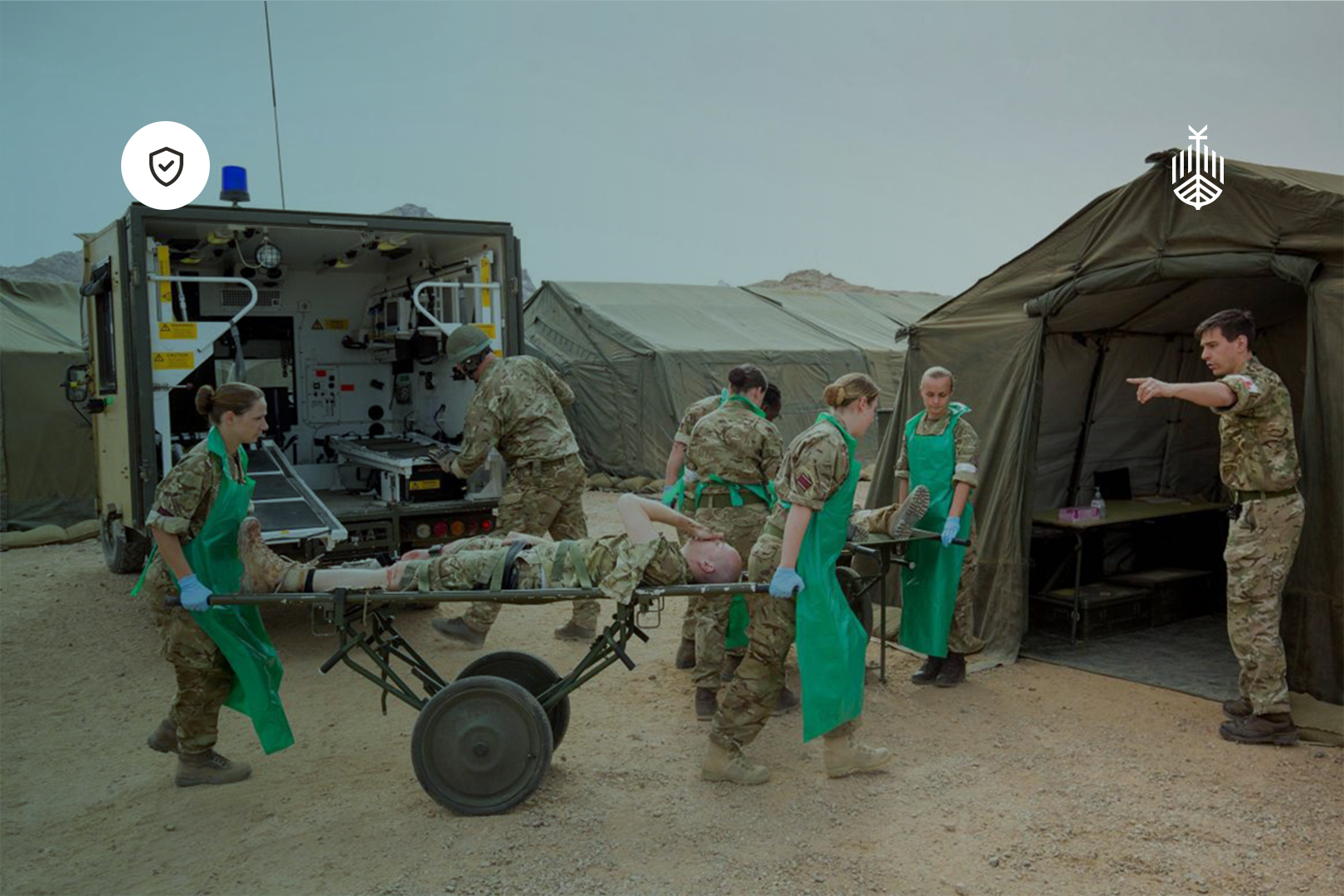The field of mental health treatment has seen relatively stagnant innovative advances over the past two decades, so there remains an ever-pressing need for innovation in mental health tech. With global challenges such as rising mental health disorders and limited access to quality care, particularly in underserved regions, the call for novel and effective interventions is louder than ever. It's imperative that we harness modern technology to address these gaps and deliver personalised, accessible, and efficient mental health care.
In this guide, we explore 5 of the most groundbreaking technologies that hold promise in reshaping mental health treatment. From tele-psychiatry that bridges the distance between therapists and patients to wearable technologies that provide real-time insights into a patient's mental state, these innovations are on the cusp of transforming how mental health care is provided and have great potential to improve treatment outcomes.

Artificial Intelligence (AI) Diagnosis
The integration of AI into mental health care is introducing a new era of precision and efficiency. AI's role in mental health extends from sophisticated algorithms capable of analysing vast amounts of data to machine learning models that can recognise patterns indicative of mental health conditions. This leads to early detection and more accurate diagnosis, enabling timely interventions that might otherwise be missed.
In addition, AI can assist clinicians in crafting customised treatment plans tailored to individual needs, preferences, and responses. By continually monitoring patient progress through data analysis, AI can help in adjusting treatments as needed, ensuring that therapy remains relevant and effective. This real-time adaptation not only enhances the patient's experience but also optimises the therapeutic process. Artificial Intelligence, thus, holds immense promise in transforming mental health care, making it more personalised, proactive and patient-centred.
Tele-psychiatry & Virtual Care
Tele-psychiatry and virtual care platforms signify a revolutionary stride in mental health treatment. Utilising technology such as online video conferencing, these platforms allow mental health professionals to engage with patients remotely, transcending geographical barriers. Such advancements are particularly vital for those in rural or underserved areas, where traditional in-person therapy might be inaccessible.
Tele-psychiatry also fosters a more comfortable and private environment for many patients, allowing them to seek assistance from the confines of their homes. This convenience often leads to increased engagement in therapy and can play a significant role in reducing the stigma associated with mental health treatment. By breaking down these barriers, tele-psychiatry and virtual care platforms are not only making mental health care more accessible but are also creating a more accepting and compassionate landscape for mental health support.
Brain Stimulation
Brain stimulation has emerged as a leading innovation in mental health technology due to its effectiveness in treating various neurological and psychological disorders. Unlike traditional medication, which can often have systemic side effects, brain stimulation techniques like Transcranial Magnetic Stimulation (TMS) and Deep Brain Stimulation (DBS) target specific areas of the brain to regulate neural activity.
These technologies have shown promising results in the treatment of depression, anxiety, PTSD, and even Parkinson's disease, with fewer side effects. The precision and adaptability of brain stimulation make it a customisable treatment plan, tailored to individual patient needs. In the near future, continued advancements in brain stimulation may lead to even more refined interventions, possibly reducing the dependency on pharmaceutical treatments. Its minimally invasive nature and growing accessibility will likely make it a prominent part of mental health care, further solidifying its role as a transformative innovation in the field.
VR & AR Therapy
Virtual Reality & Augmented Reality are emerging as powerful tools in mental health therapy. By creating immersive virtual environments or enhancing real-world settings with digital elements, VR and AR can provide controlled, safe spaces for therapeutic interventions. Such technology is particularly promising in treating conditions like Post-Traumatic Stress Disorder (PTSD) and anxiety disorders. Patients can confront and process traumatic memories or phobias in a simulated but secure environment, guided by a professional therapist.
Several studies have showcased the effectiveness of VR and AR in therapy, with outcomes comparable to traditional methods. The technology's ability to be tailored to individual patient needs further enhances its potential. By offering personalised, immersive experiences, VR and AR are opening new doors in mental health treatment, allowing for innovative, engaging, and impactful therapeutic approaches that may revolutionise how we address mental well-being.
Wearable Monitoring
The use of wearable technologies in healthcare is expanding rapidly, with an exciting potential in the realm of mental health. These devices, such as smartwatches and fitness trackers, are now equipped to monitor various physiological markers such as heart rate, sleep patterns, and stress levels. These indicators can provide valuable insights into an individual's mental state and well-being.
In mental health care, wearable devices offer a continuous, real-time view of a patient's condition, allowing both patients and healthcare providers to track progress, identify triggers, and respond promptly to changes. By integrating these technologies into care plans, mental health professionals can tailor interventions and support based on actual data rather than self-reporting alone.
The advent of wearable technologies represents a step toward more personalised and responsive mental health care. By seamlessly blending into daily life, these tools foster greater self-awareness and empowerment, making them a vital part of modern mental health treatment strategies.
Conclusion
This list of five innovative mental health technologies represents the an exciting time for a new frontier in mental health care. Their potential to enhance accessibility, customisation and collaboration is unparalleled. Continuous research and development are paramount to fully realise their transformative impact. Embracing these technologies into public sector funding will pave the way for more effective and compassionate mental health care, ensuring better outcomes for patients around the world.














